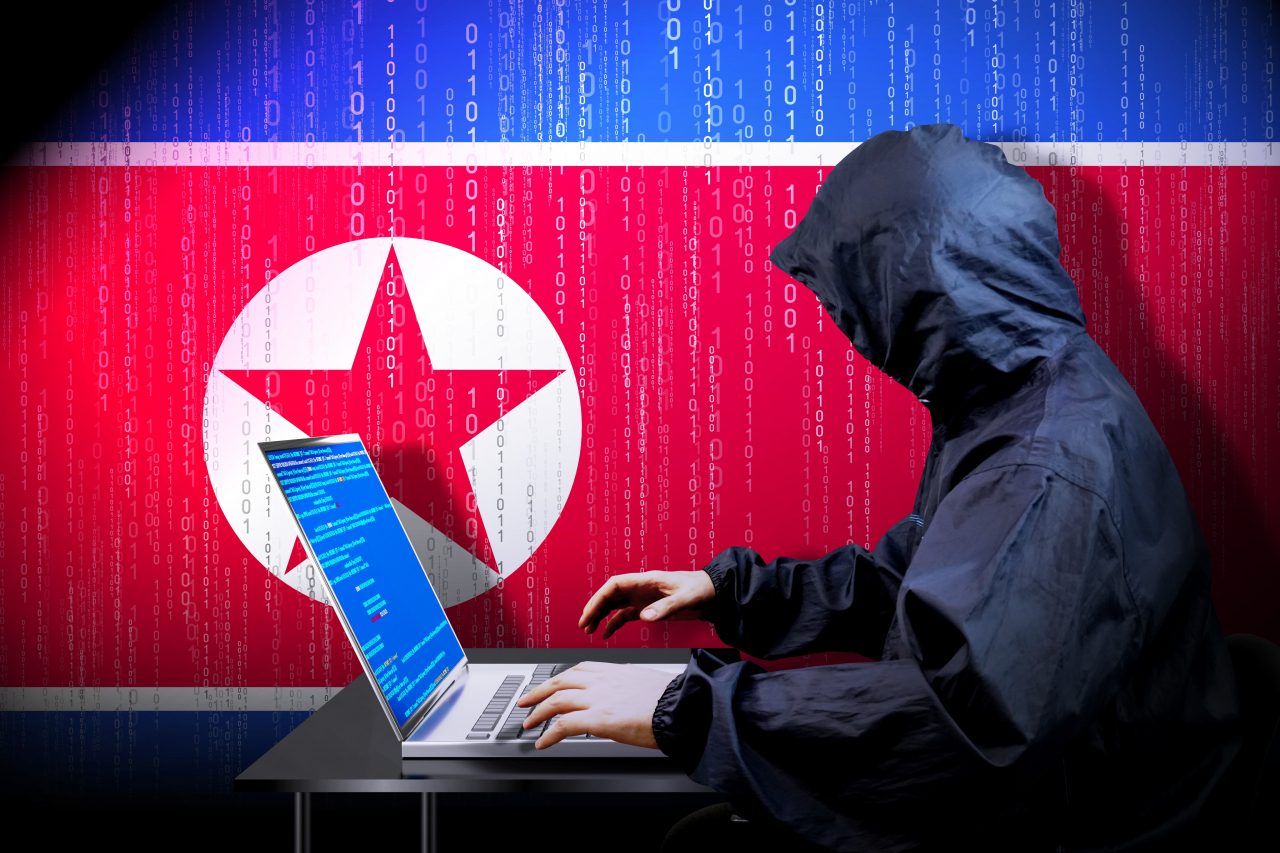The global landscape of cybersecurity threats has been significantly impacted by the escalating activities of state-sponsored hacking groups from China and North Korea. Recent investigations and reports indicate that these groups have intensified their efforts to target critical infrastructure worldwide using sophisticated ransomware attacks.
North Korean Ransomware Campaigns
North Korean cyber actors, particularly the group known as "Moonstone Sleet," have been linked to a series of ransomware attacks involving a new variant named "FakePenny." Microsoft has attributed millions of dollars in ransom demands to this group, which has previously engaged in cyber espionage and financial crimes. Moonstone Sleet's tactics include the use of trojanized software, malicious games, and custom malware loaders to infiltrate targets in the financial, education, and defense sectors (BleepingComputer) (Industrial Cyber).
Moonstone Sleet is not the only North Korean group involved in such activities. The infamous Lazarus Group, responsible for the WannaCry ransomware attack in 2017, continues to pose a significant threat. The U.S. and U.K. governments have attributed various ransomware campaigns to North Korean state-sponsored actors, emphasizing the need for robust cybersecurity measures to protect critical infrastructure (CISA).
Chinese Cyber Threats
Chinese hackers have also been implicated in widespread cyberattacks targeting global infrastructure. These state-sponsored actors employ advanced persistent threats (APTs) to infiltrate and compromise networks. The Chinese hacking groups are known for their sophisticated techniques, including exploiting zero-day vulnerabilities and employing advanced social engineering tactics to gain access to sensitive systems.
Impact on Global Infrastructure
The consequences of these cyberattacks are far-reaching. Critical infrastructure sectors, such as healthcare, energy, and finance, have been particularly vulnerable. The ransomware attacks disrupt essential services, leading to significant financial losses and jeopardizing public safety. The increasing frequency and severity of these attacks underscore the urgent need for international cooperation and enhanced cybersecurity defenses.
Mitigation and Response
In response to these threats, cybersecurity agencies worldwide, including the U.S. Cybersecurity and Infrastructure Security Agency (CISA) and the U.K.'s National Cyber Security Centre (NCSC), have issued advisories and guidelines to help organizations defend against these attacks. Recommendations include implementing robust security measures, such as regular software updates, multi-factor authentication, and comprehensive monitoring of network traffic (CISA).
Conclusion
The escalating activities of Chinese and North Korean hackers pose a significant threat to global infrastructure. As these state-sponsored actors continue to refine their tactics and expand their targets, it is imperative for organizations to remain vigilant and adopt proactive cybersecurity measures. International collaboration and information sharing are crucial in mitigating the impact of these ransomware attacks and safeguarding critical infrastructure from future threats.
For further details on the recent developments in North Korean ransomware activities and the advisories issued by cybersecurity agencies, you can refer to sources like BleepingComputer, Industrial Cyber, and the Cybersecurity and Infrastructure Security Agency (CISA) (BleepingComputer) (Industrial Cyber) (CISA)




